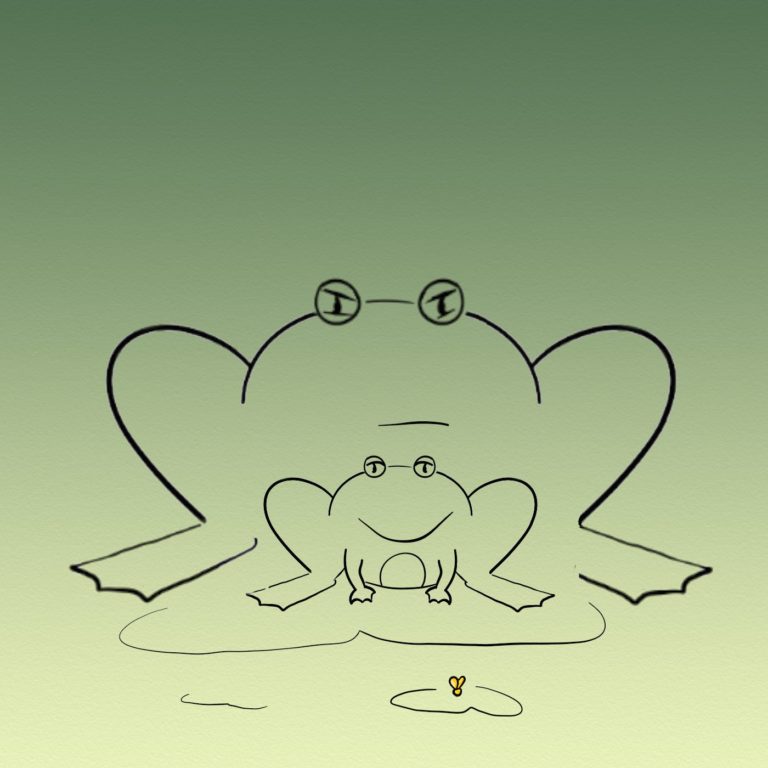Rätsel des Unbewußten
Summary:
Envy can arise wherever there exists inequality between people: in societies and families, between siblings, genders, and generations. “Envy is the tax which all distinction must pay” (R.W. Emerson). Envy has a bad reputation, at times even considered taboo, and yet still it proves to be ever-present. This episode explores the psychoanalytic understanding of envy and its implications for society and therapeutic processes, such as the phenomenon known as ‘negative therapeutic reaction.’ However, envy is not only destructive, but is also a driving force of human development.
Support us on Patreon and get the scripts to the episodes: www.patreon.com/lives
Visit our website: www.psy-cast.org or our youtube-channel: https://www.youtube.com/c/LivesoftheUnconscious
Join our newsletter: Write a mail with the subject “Newsletter registration” to Lives@psy-cast.org
Literature Recommendations
- Feldman, M. (2008). Envy and the negative theraputic reaction. In: Roth, P. &Lemma, A. (Hg.): Envy and Gratitude Revisited. London: Karnac.
- Beland, H.(1999). Neid: die systemsprengenden Phänomene. Journal für Psy-chologie, 7, 3–16.
- Joseph, B. (1986). Neid im Alltagsleben. In: Psychisches Gleichgewicht und psychische Veränderung. Stuttgart: Klett Cotta, 268–284.
- Klein, M. (1957/1984). Envy and Gratitude and Other Works 1946-1963. London: Hogarth Press.
- Young, E. (2000). The Role of Envy in Psychic Growth. Fort Da, 6, 57—68.
Cover made by the authors
Cut: Tim Schaub
